NDIS capacity building includes a range of supports that enable you to build your independence skills and participate more fully in your local community. It can include helping you find a job or study opportunities, apply for suitable accommodation, or learn a range of organisation and selfmanagement skills.
We have an expanding scope, delivering innovative training tailored to your needs. Our trainers are known for their industry expertise, practical hands-on experience and adult learning capabilities.
Our training and courses are taught through our Registered Training Organisation (RTO) Our capacity building programs are flexible, working around the timetable of our participants and taking into the considering the type of support they need, at the frequency and intensity that they need it.
We van also provide in-house work experience until participants find employment.

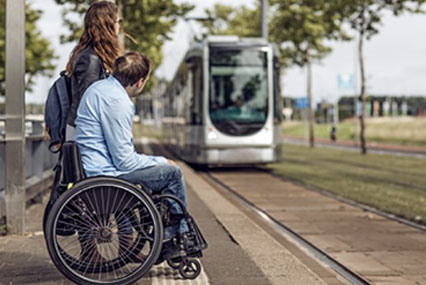
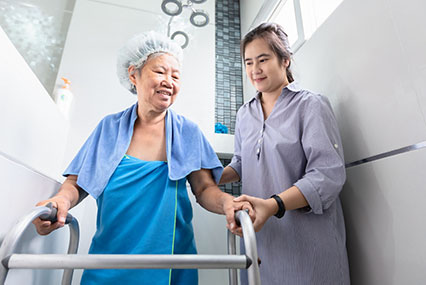


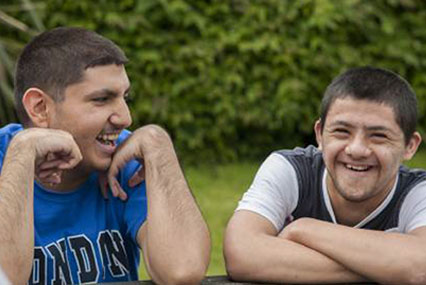



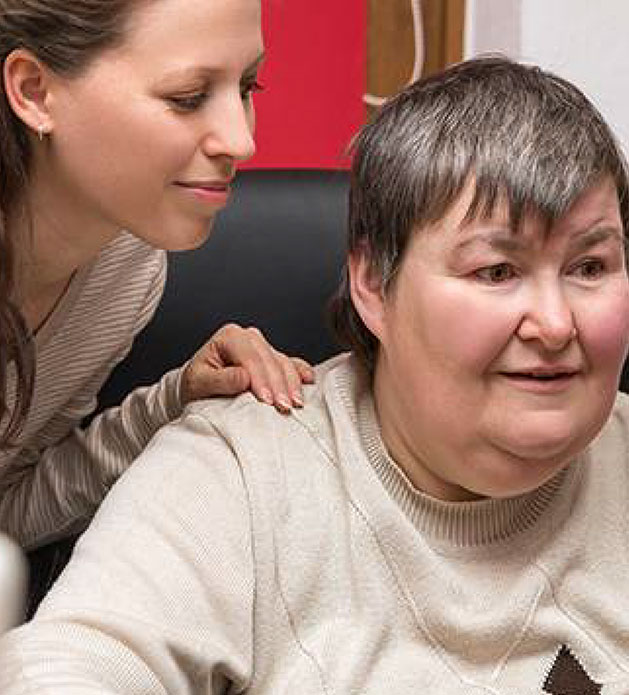
Our trainers have a passion for the subjects that they teach and extensive experience training people with barriers to learning.
We help them with in-house work experience until they can find employment
1. Assessing their skill sets
2. Skill building
3. Building Life skills
4. Building Work skills
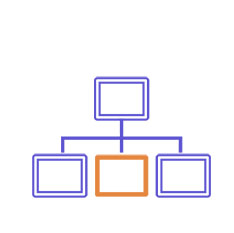
Modules of activity that encourage lifelong learning.
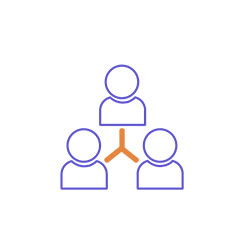
Encouraging social interaction and self-sufficiency.

All ages and learning levels are welcome.

iPad activities, SMART Board activities, Assistive Technology, and other resources are available.
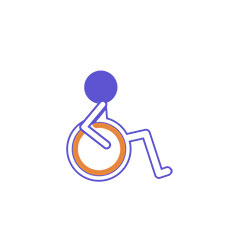
Core Supports funding is available in your NDIS Plan

Discover the fundamental skills and prerequisites for employment.
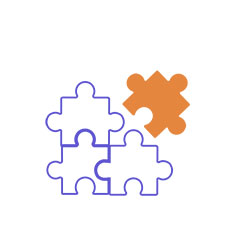
Select modules that will help you achieve your NDIS and career goals

Self-care at school related to the student’s disability, like support with eating.
Specialised training of teachers and other staff about the specific personal support needs of a student with disability
Specialist transport required because of the student’s disability (does not substitute parental responsibility)
Transportable equipment such as a wheelchair or personal communication devices.
Therapies a family and school have agreed may be delivered during school time but are not for educational purposes
Teachers, learning assistants and other supports such as Auslan interpreters.
General support, resources and training for teachers, tutors and other staff.
Adjustments to buildings such as ramps, lifts and hearing loops.
Day-to-day supervision of students at school, including behavioural support.
Transport for educational or training activities such as excursions, field trips and sporting carnivals.
Aids and equipment to make curriculums accessible, such as modified computer hardware, software and Braille textbooks.
Therapy delivered in schools for education or training purposes, such as allied health practitioners helping teachers and trainers adjust curriculums.
